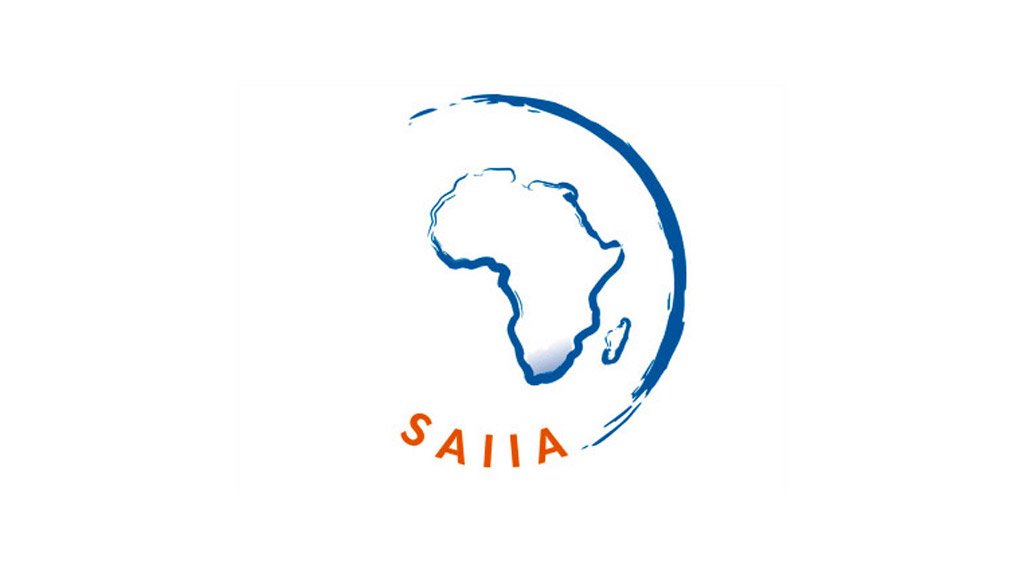While the BRICS’ initial focus when it was established in 2009 was on improving global economic governance in response to the 2008 financial crisis, over the last seven years BRICS co-operation and dialogue has moved into politico-security areas.
In the economic area the New Development Bank, the Contingency Reserve Arrangement and currency swaps are outcomes of the BRICS’ intention to reduce reliance on the IMF and the World Bank and the dominance of the dollar as a reserve currency.
Against the backdrop of the current economic instability in Europe, some observers expected a specific mention of the Greek debt crisis at the BRICS Summit on 8-9 July 2015. The BRICS have been silent on the issue with the exception of a declaration that ‘debt restructurings have often been too slow and too late, thus failing to re-establish debt sustainability and market access in a durable way’. Importantly, they noted that ‘the handling of sovereign debt restructurings should be improved to the benefit of creditors and debtors alike’. In Ufa, they were also silent about the current Chinese stock market volatility.
In the area of peace and security, there is now also a clear desire to build up mechanisms for political and security co-operation in the BRICS forum. The 2015 Ufa Declaration, the longest one yet running to 43 pages, comments on a wide range of conflicts from Syria and Libya to South Sudan, ISIS and Afghanistan.
At a foreign ministers’ level the BRICS members have been meeting on the sidelines of UN or G-20 gatherings to exchange views on international developments and to coordinate positions where appropriate; more so when one of their members is the object of condemnation, as was the case with Russia in Ukraine/Crimea in March 2014.
While its partners may not be entirely comfortable with Russia’s actions in Crimea and the ongoing instability in eastern Ukraine, they have all abstained from criticising Russia, including during the UN General Assembly vote on Crimea.
The Ufa Declaration refers to Ukraine stating their belief that there is ‘no military solution to the conflict and that the only way to reconciliation is through inclusive political dialogue’; yet there is still a low-intensity conflict for which both sides must take some blame. Seen against the unravelling of the post-Cold War territorial dispensation in Europe, such as the annexation of Crimea, the war in Georgia, and lastly, growing tensions in the South China Sea, questions arise about the type of international order they would seek to create that is different from the present one.
Equally importantly, what multilateral frameworks should be constructed to deal with disputes over territory or indeed over people? Because ultimately, states should not condone unilateral solutions to conflict situation where ‘might’ determines the outcome. This is a position that South Africa has long advocated.
One theme that has consistently featured at BRICS Summits since Yekaterinburg in 2009 and where there seems to be general agreement – at least at the level of rhetoric – has been that of condemnation of terrorism. Especially the three Eurasian powers, Russia, China and India, have at one time or another had to deal with the barbarity of terrorism in their own countries. As extremism rises across Europe, Asia and Africa it is no surprise that the BRICS have sought to deepen collaboration in this area. In his address to the Summit this week, President Zuma highlighted the ‘emergence of complex new threats that are inter-connected, multi-dimensional and trans-boundary’. These threats of international terrorism and transnational organised crime have ‘radically challenged the traditional discourse on international law and security’.
President Xi identified recurring security threats of terrorism and drug-trafficking, noting that China wanted to speed up the eradication of drug trafficking and to deepen co-operation in fighting terrorism by sharing anti-terrorism experience and information and law enforcement cooperation. In May, BRICS national security advisers discussed co-operation on counter-terrorism and violent extremism, separatism, and cross-border crime and drug trafficking. While the declaration is not specific on what cooperation might entail it is bound to include intelligence and law enforcement cooperation on both extremists and the related challenge of organised crime as a funding channel for such activities.
It is worth remembering that terrorism and extremism have their well-spring in the politics of identity and exclusion. They are narratives of different ideologies but also of failed inclusion and integration into societies. Either way they are destructive. Radicalism driven by ideology is the more difficult to tackle as it speaks to often incompatible world views. The second one (of failed inclusion) is difficult but it can be addressed societally by countries working to attain social inclusion and justice. Narrow identity politics undermine the imperative of cooperation that an interconnected, integrated world with transnational problems requires.
The BRICS should note that addressing extremism requires a long-term process of engagement on the social and economic issues – not just the hard power elements and the adoption of counter-terrorist measures. Both state and non-state actors have fuelled extreme identity politics. It is therefore important for the BRICS to consider these longer term interventions to address terrorism, while working in the short term to limit the impact of terrorist acts on their societies.
Elizabeth Sidiropoulos is the chief executive of the South African Institute of International Affairs. This article was first published in the Sunday Independent.
EMAIL THIS ARTICLE SAVE THIS ARTICLE
To subscribe email subscriptions@creamermedia.co.za or click here
To advertise email advertising@creamermedia.co.za or click here











